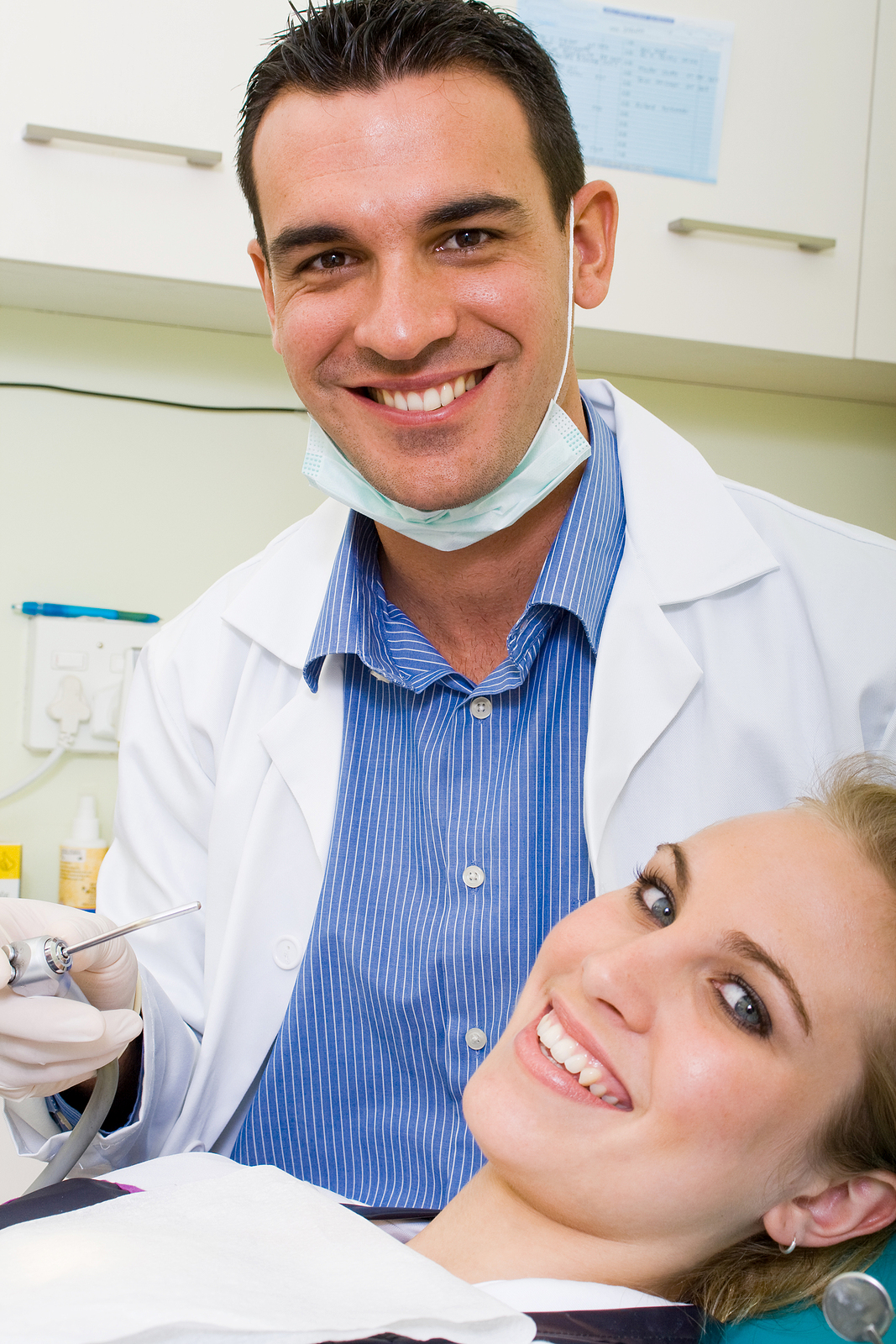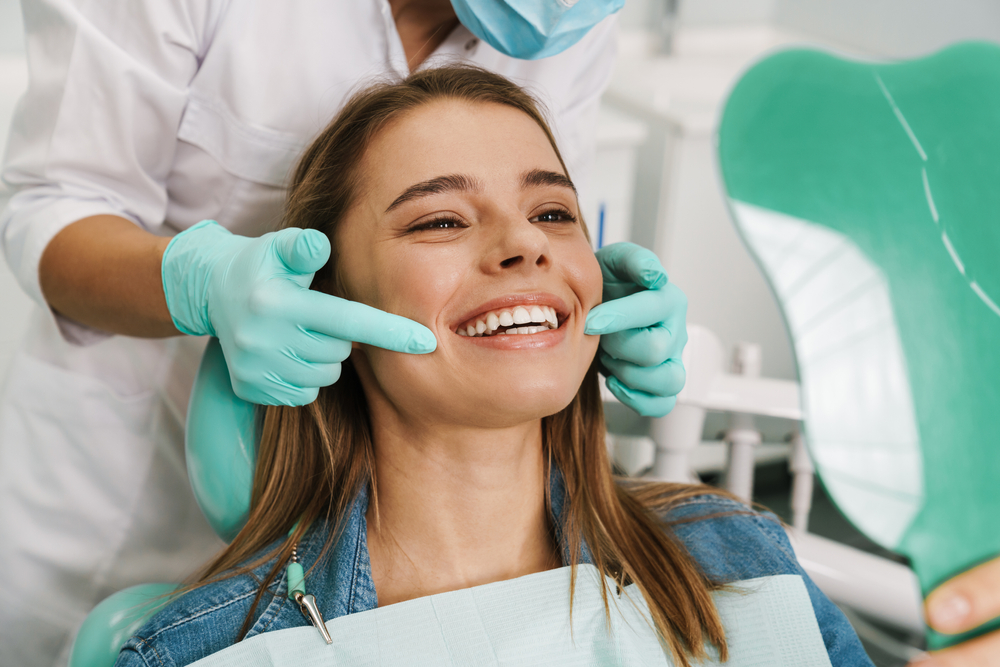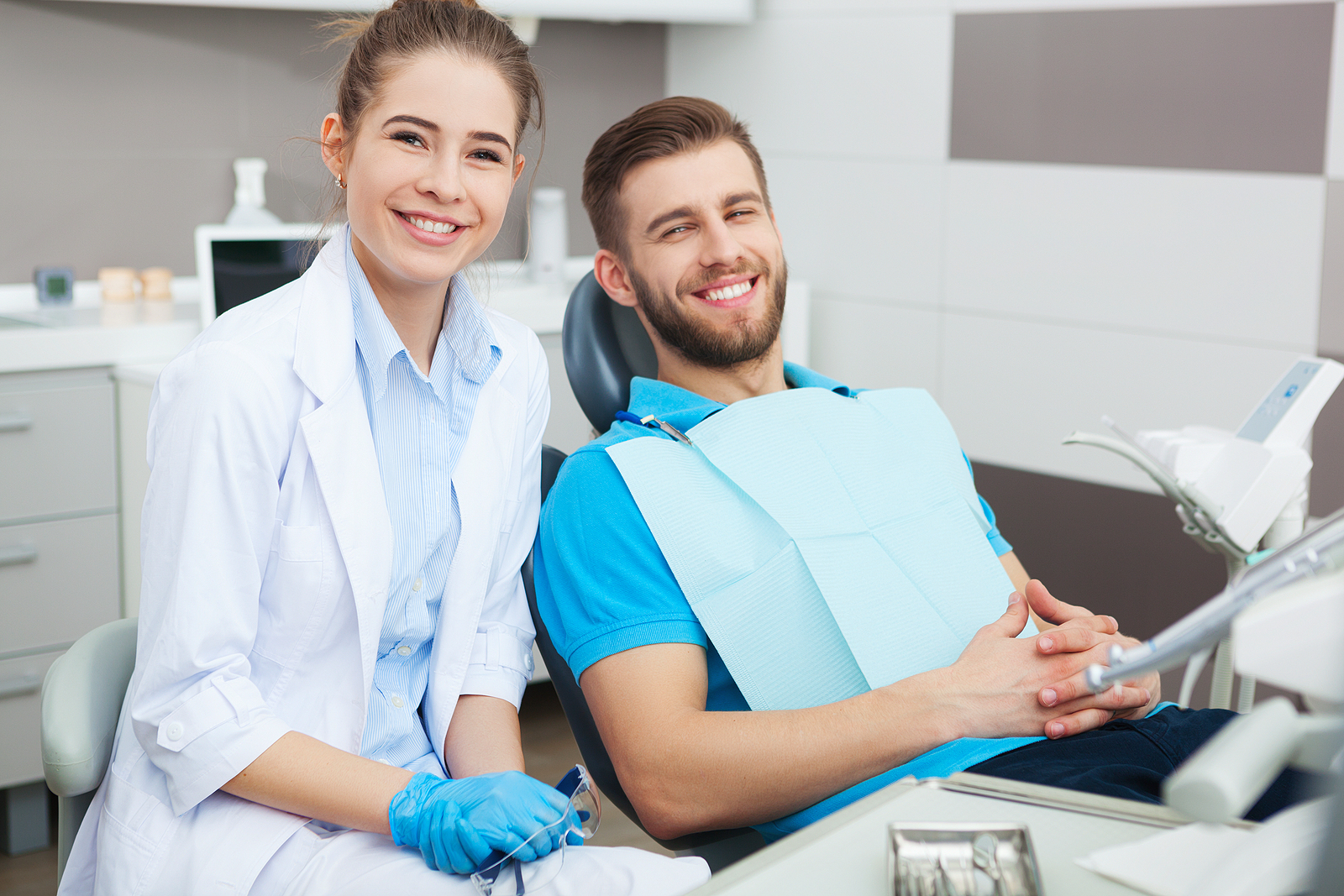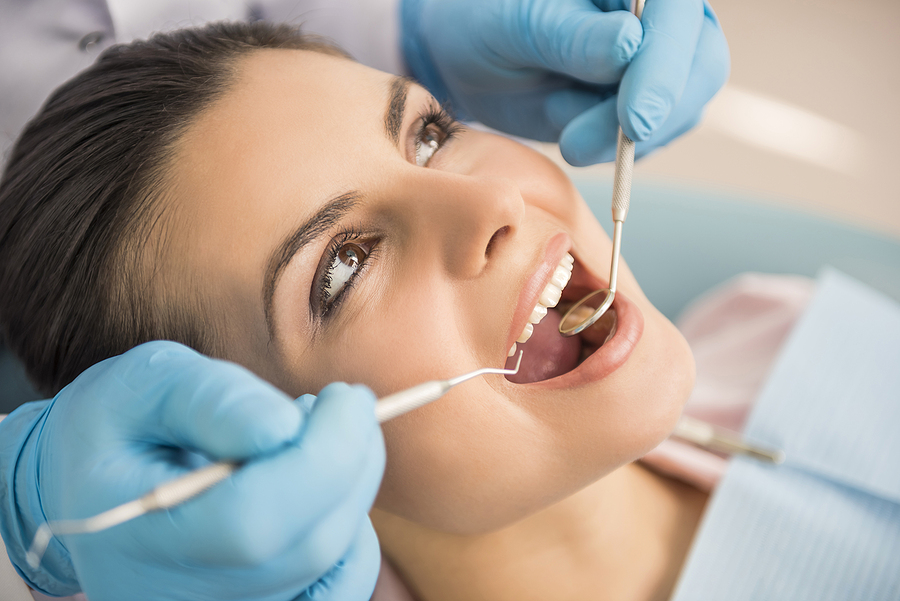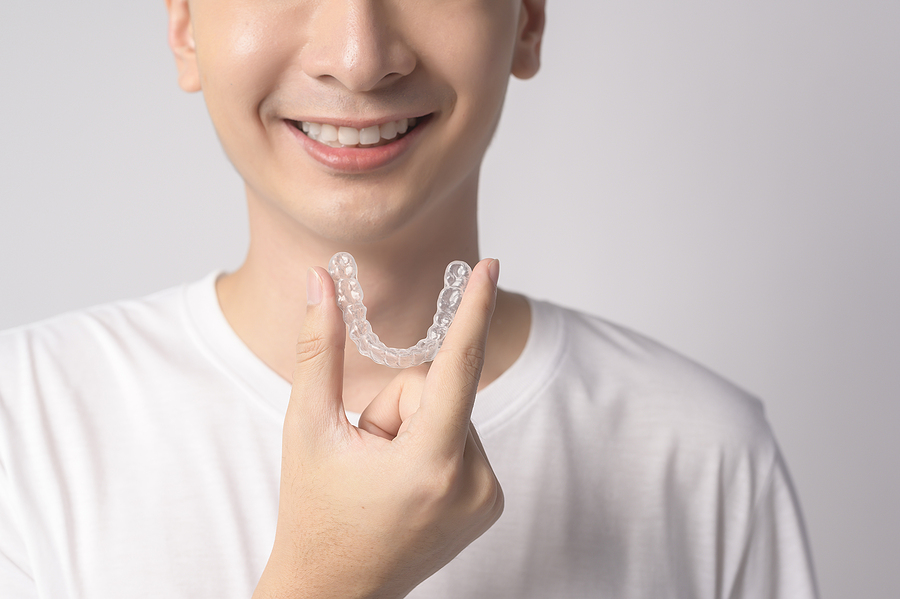Undergoing oral surgery can feel daunting, but it doesn’t have to be. Whether you're facing a wisdom tooth extraction or more complex procedures like jaw surgery, understanding the recovery process is crucial. This journey goes beyond just getting through the operation; it's about ensuring a smooth healing experience that sets you up for success in the long run. If you're searching for information on recovering from oral surgery in Farmington, UT, you've come to the right place. We’ll guide you through everything you need to know—from preparation and what to expect post-surgery to tips for managing side effects and making dietary choices during your recovery. Let’s dive into this essential guide so that you can approach your oral health with confidence!
Understanding Oral Surgery
Oral surgery encompasses a variety of procedures aimed at diagnosing and treating issues related to the mouth, jaw, and facial structures. These surgeries can range from simple tooth extractions to complex corrective jaw operations.
One common reason for oral surgery is impacted wisdom teeth. As these molars attempt to emerge, they can cause pain or misalignment in surrounding teeth. Other situations necessitating surgical intervention include jaw realignment due to bite issues or dental implants for replacing lost teeth.
Understanding the specific type of oral surgery you might need is essential. Your dentist will explain the procedure and its benefits, which will be tailored to your unique situation. This knowledge helps ease anxiety while preparing you for what lies ahead in your recovery journey after oral surgery in Farmington, UT.
Preparing for Your Procedure
Preparing for your oral surgery can feel daunting, but taking the right steps will ease your anxiety. Start by discussing any concerns with your dentist or oral surgeon. They can provide clarity on what to expect.
Gather necessary supplies at home before your appointment. These include ice packs, gauze, and any prescribed medications. Having everything ready allows you to focus on recovery.
If sedation is part of your procedure, arrange for someone to drive you home afterward. Avoid driving or operating heavy machinery until the effects have worn off completely.
Consider planning soft meals in advance as well. Stock up on yogurt, smoothies, and soups that won't irritate your healing mouth.
Clear a comfortable space where you can rest post-surgery. This little sanctuary will be crucial during those initial recovery days when you may need more downtime than usual.
What to Expect During Recovery
Recovery from oral surgery can vary based on the procedure. Generally, expect some swelling and discomfort as your body begins to heal. This is normal and usually peaks within 48 hours.
Pain management is critical during this phase. Your dentist will likely prescribe pain relievers or recommend over-the-counter options. Following their guidance ensures you remain comfortable.
You may also notice bleeding for a short period after surgery. It's essential to bite down gently on gauze pads provided by your dental team until the bleeding subsides.
Rest is another key element of recovery. Keep your head elevated and avoid strenuous activities for a few days. This helps reduce swelling and promotes healing.
Hydration matters too; sip water but steer clear of straws, as suction can disturb blood clots that form in the surgical area.
Common Side Effects and How to Manage Them
After oral surgery, it’s normal to experience a range of side effects.
- Swelling is among the most common and can last for several days. Applying ice packs intermittently can help reduce inflammation.
- Pain is another frequent issue. Over-the-counter medications usually suffice, but your dentist may prescribe stronger pain relievers if needed. Always follow their guidance on dosage.
- Bleeding might occur as well, especially in the first 24 hours post-surgery. Keeping your head elevated and biting down gently on gauze pads can assist with this.
- Don’t forget about bad breath or an unpleasant taste in your mouth during recovery. Maintaining proper oral hygiene while being gentle around the surgical site will help manage these symptoms effectively.
If any side effect seems excessive or doesn't improve, reach out to your dental care provider right away for advice tailored to your situation. Your comfort matters during this healing journey!
Foods to Eat and Avoid During Recovery
After oral surgery, your diet plays a crucial role in recovery. Opt for soft foods that require minimal chewing. Think yogurt, applesauce, and mashed potatoes. These options are gentle on the surgical site while providing essential nutrients.
Avoid anything crunchy or hard, like nuts and chips. They can irritate the area and delay healing. Spicy foods should also be off the table as they may cause discomfort.
Stay hydrated, but choose your beverages wisely. Cool liquids like water or herbal teas can soothe your mouth without aggravating any swelling.
Protein is vital during this time, so consider smoothies with protein powder or pureed soups to help you heal faster while keeping meals enjoyable yet safe. Keeping a balanced intake will aid in overall recovery without adding stress to your healing gums or teeth.
Tips for a Smooth Recovery Process
- To ensure a smooth recovery after oral surgery, prioritize rest. Your body needs time to heal, so take it easy in the days following your procedure.
- Stay hydrated, but avoid using straws. Sipping water helps prevent dehydration and supports healing without disturbing any surgical sites.
- Use ice packs on your face to reduce swelling and discomfort. Apply them for 20 minutes at a time during the first couple of days.
- Keep your head elevated while resting or sleeping. This position can help minimize swelling and promote better blood circulation.
- Follow post-operative instructions carefully. These guidelines are tailored to your specific situation and will aid in a quicker recovery.
- Don’t forget about emotional wellness! Surround yourself with supportive friends or family members who can provide comfort during this time. Contact us now.
Follow-up Care and Potential Complications
Follow-up care is crucial after any oral surgery. Your dentist or oral surgeon will schedule a visit to check your healing progress. This appointment ensures everything is on track and helps address any concerns you might have.
Pay attention to how you feel in the days following your procedure. Some swelling, mild discomfort, or bruising can be expected. However, if pain intensifies or doesn't improve, it's time to reach out for help.
Watch for signs of infection as well. Increased redness, pus discharge, or fever are red flags that shouldn't be ignored.
Adhering to post-operative instructions plays a key role in preventing complications. Taking prescribed medications and maintaining good hygiene can aid recovery significantly.
Don't hesitate to communicate with your dental team about any unusual symptoms you experience during this period. They’re there to support you through every step of your recovery journey.
Conclusion
Recovering from oral surgery can be a smooth process if you’re well-prepared and informed. Understanding what to expect during recovery helps alleviate anxiety. Ensure that you follow your dentist’s or oral surgeon's instructions closely, as they are tailored specifically for your procedure.
Proper preparation before the surgery sets the foundation for an easier recovery. Having the necessary supplies ready at home will make things more manageable after the procedure.
During recovery, it’s essential to monitor any side effects and manage them effectively. Staying ahead of pain with prescribed medications can significantly improve comfort levels. Don’t forget about hydration and nutrition—eating soft foods while avoiding anything too hot or spicy will aid in healing.
Remember, every individual heals differently; some may bounce back quickly while others need more time. Don’t hesitate to reach out to your healthcare provider with any concerns or questions along the way. Following up is crucial for ensuring everything is on track post-surgery.
Your journey doesn’t end when you leave the clinic; staying attentive to your body will lead to better outcomes overall. With careful planning and attention, recovering from oral surgery in Farmington, UT, can be a positive experience that leads you back to full health sooner than expected.
To find out more about the dental services offered at our dental practice, call (801)-923-1011 or schedule an online consultation. You can also visit us at 1838 N 1075 W #100, Farmington, UT 84025, USA.
Advanced Dental Specialty Group
Location
1838 N. 1075 W Suite 100, Farmington, UT 84025
(801) 923-1011Email Us
utahdentalspecialists@gmail.com
At Advanced Dental Specialty Group, we strongly suggest that our newer patients properly prepare for their first appointment.
- MON8:00 am - 5:00 pm
- TUE - WEDClosed
- THU8:00 am - 5:00 pm
- FRI - SUNClosed



